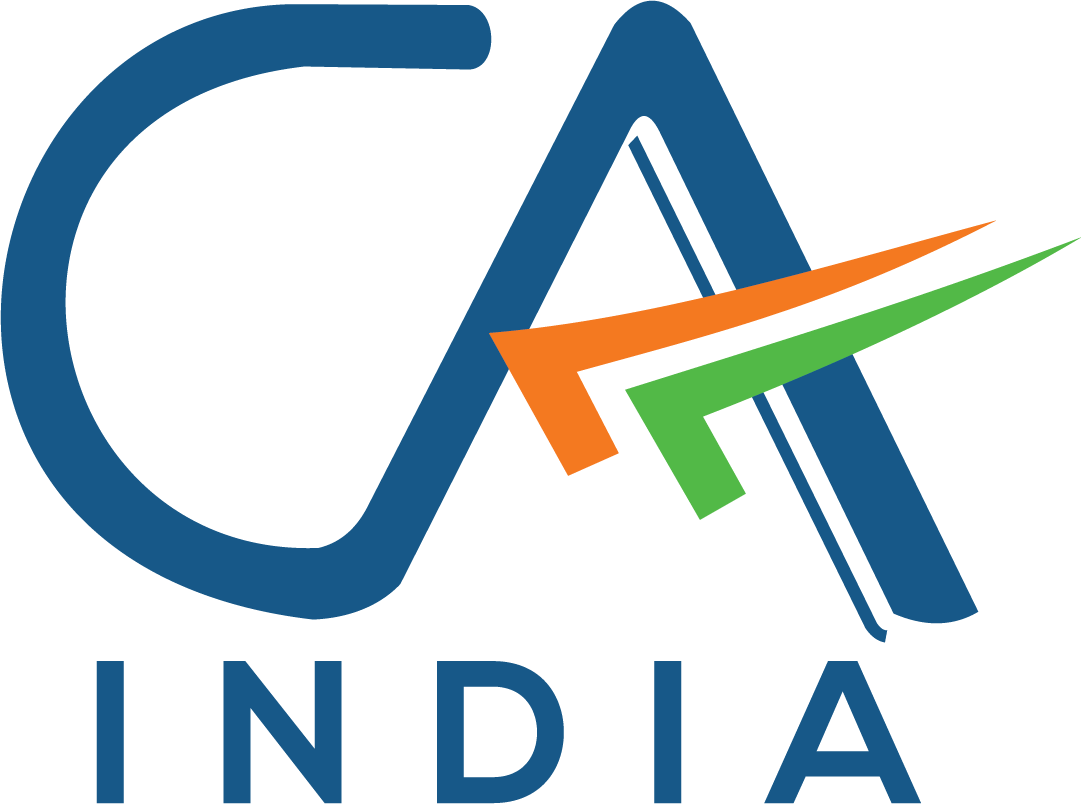- About Us
- Services Offered
- Audit & Assurance Services
- Taxation Services
- Business Services & Outsourcing
- Advisory & Compliance Services
- Governance & Risk Management Services
- Business Management & Advisory Services
- Start Up Company Services
- Merger & Acquisitions
- RERA – Real Estate (Regulation & Development) Act 2016
- MSME
- Valuation Services
- Anti Money Laundering Services
- Forensic Audit Services
- FEMA Advisory
- Business Setup
- Financial Structuring & Restructuring Services
- Corporate Training Services.
- Artificial Intelligence Advisory Services (AI Adaptation)
- Sectors
- Carbon Accounting
- ESG Advisory
- Contact Us
Merger & Acquisition
Enquire Now

About
Merger & Acquisition
Mergers and acquisitions (M&A) have become essential to the business landscape as companies seek to grow, expand their markets, and reap synergistic benefits. These complicated transactions combine two or more businesses' operations, assets, and liabilities.
While M&A transactions provide tremendous commercial opportunities, they also present several obstacles, particularly for corporate accountants.
Role of accountants in M&A transactions, as well as the obstacles and possibilities that occur.
Financial Due Diligence
Corporate accountants play a varied role in merger and acquisition transactions that is important to the deal’s success and seamless implementation. Due diligence is one of the major tasks of accountants in this scenario. Due diligence entails thoroughly examining the target company’s financial records, assets, liabilities, and legal duties.
Accountants must study financial statements, tax records, contracts, and other necessary documents to determine the target company’s financial health and hazards. Accountants provide critical information to the purchasing company by identifying potential financial and legal issues, allowing them to make informed judgments and negotiate appropriate terms.
Financial Modeling and Valuation
Accountants play an important role in valuation exercises during merger and acquisition deals. The process of determining the target company’s fair worth is known as valuation. Accountants estimate the value of a business using various valuation methodologies, such as discounted cash flow analysis, market comparables, and asset-based valuation.
A precise valuation is required for negotiating the purchase price, estimating the share exchange ratio, and assessing the overall financial impact of the transaction.
Accountants must carefully analyze the target company’s financial performance, growth potential, and future cash flows to arrive at a fair and acceptable valuation.
Integration and Financial Reporting
Financial reporting and integration are another critical part of the accountant’s function in merger and acquisition deals. Once the deal is finalized, accountants must ensure the seamless integration of the two merging entities’ financial systems, policies, and processes.
Accounting techniques must be aligned, financial statements must be consolidated, and reporting requirements must be addressed.
Accountants must also manage challenging accounting standards such as purchase accounting, goodwill impairment, and intangible asset recognition to reflect the newly merged entity’s financial condition appropriately.
Financial reporting must be timely and accurate to maintain transparency, meet regulatory obligations, and provide stakeholders with a comprehensive picture of the merged company’s financial performance.
Post-Merger Integration
Along with the potential given, corporate accountants require assistance in M&A transactions. Managing the difficulties of integrating diverse accounting systems and processes is a significant issue. Accounting software, a chart of accounts, and internal controls may differ between the merging businesses.
Accountants must reconcile these disparities, assure data integrity, and successfully implement a single accounting system to support post-merger activities. Strong project management abilities, good communication, and coordination with multiple organizational stakeholders are required.
In addition, accountants in M&A transactions must traverse the intricacies of legal and regulatory systems. Accounting rules, tax regulations, and reporting obligations may differ from one jurisdiction to the next.
Accountants must stay up-to-date on these regulations and verify that they are followed throughout the transaction. Failure to meet legal and regulatory duties can result in financial penalties, reputational harm, and even legal proceedings.
The Bottom Line
Accountants play an important role in merger and acquisition deals, experiencing several hurdles and reaping major benefits. Their tasks include:
To guarantee a successful merger or acquisition, accountants must traverse the intricacies of diverse accounting systems, regulatory frameworks, and cultural variations. Accountants advance their professional development while contributing to the organization’s strategic growth and financial success.
Mergers and acquisitions (M&A) is a generally used term to describe the process of combining companies through various types of transactions. The most popular one is an acquisition, where one company buys another and transfers ownership. You can do two kinds of acquisitions; a stock sale and an asset sale.
Services offered
MERGERS & ACQUISITIONS – SELL-SIDE SERVICES
- Identification of prospective buyers
- Assessing offers received from prospective buyers
- Networking with prospective buyers to understand their rationale behind the pricing
- Prioritization of potential buyers
- Preparing the investor presentation with detailed side notes
- Taking a seller’s perspective to arrive at the expected price range of the business under various conditions
- Formulating a financial model to take into account historical and forecasted financial data
- Determining the suitable transaction marketing strategy
- Negotiation of the transaction on behalf of the seller
- Discussion with the buyer on terms and conditions
- Structuring the deal to benefit the seller

Buy-side services
- Identification of prospective target companies
- Deep study and strategic analysis of the potential target companies
- Approaching the target companies on behalf of the buyer
- Finalizing the best target company
- Analysis of the terms and conditions that would benefit the acquire
- Valuation of the transaction using the appropriate methodology
- Evaluation of the financial impact of the acquisition on the buyer company
- Looking for methods of financing of the acquisition, if required by the buyer
- Negotiating on the most fitting terms and conditions for the buy
- Structuring the transaction deal and preparing the draft document
- Assistance in the financial due diligence
- Assisting in legal, tax, and investigative due diligence
Fundraising
- identifying the target investors
- Analysis of the deal offered by each of the prospective investors
- Approaching the potential investors for discussion purposes
- Finalization of the Business plan
- Preparing documents relevant for negotiation
- Negotiating the terms and conditions and valuation
- Completion of the transaction documents
- Ensuring due diligence of the transaction
- Facilitating completion of the transaction


